by Glenn Barnett
In October 1944, Army nurse Lieutenant Frances Slanger of the 45th Field Hospital somewhere in Europe wrote a letter to Stars and Stripes, the Army newspaper, to express her admiration of the American soldier. She dealt with their injuries, serious and slight, every day.
She wrote, “You GIs say we nurses rough it. We wade ankle deep in mud. You have to lie in it. We have a stove and coal … In comparison to the way you men are taking it we can’t complain, nor do we feel that bouquets are due us. It is to you we doff our helmets … It is a privilege to receive you and a great distinction to see you open your eyes and with that swell American grin, say, ‘Hi-ya, babe!”
[text_ad]
It was a sweet letter of appreciation to the soldiers made especially poignant because Lieutenant Slanger was killed by a German artillery shell the day after she wrote it.
This story, related by author Stephen Ambrose in Citizen Soldiers, expresses the mutual admiration between the wounded soldiers and the nurses who attended them throughout the war. The job was not without danger. Seventeen army nurses were killed in combat situations, and many more were wounded or contracted disease during the course of the war.
“Gosh! White Sheets and Women!”
The initial enthusiasm of the women who enlisted in the Army Nurse Corps after Pearl Harbor soon tapered off. The lack of new nurses meant that the veterans became overworked. To boost enlistment, the Army did what it could to improve conditions and incentives. Overall command of the corps was entrusted to Colonel Florence Blanchfield, who soon led an organization of 52,000 nurses serving on every front. By June 1944, all nurses of the corps were commissioned officers. They were entitled to retirement pensions and equal pay. The government also provided a free education to nursing students back home. The value of female nurses in combat had been proven once and for all, and the government was committed to corps service and expansion.
In New Guinea, a group of patients came into the 171st Station Hospital after a long stretch in the jungle. One of the weary, dirty soldiers was overheard exclaiming to a nurse, “Gosh! White sheets and women!”
Nurses landed at Omaha Beach in Normandy on June 10, four days after the initial assault. They waded ashore with their hospital units and went right to work treating the hundreds of men who had suffered wounds in battle.
A story that is yet to be written is the service of the 479 African-American nurses who served in the corps. As pioneers of inclusion, these women struggled for respect. They were subject to quotas, and they were not allowed to care for wounded white American soldiers. In an interesting twist, a unit of 63 black nurses was assigned to treat injured German soldiers at a hospital in England.
17,000 Army Nurses
By war’s end, over 17,000 Army nurses had seen service in the European Theater, and thousands more in the Pacific. Even away from the front lines, a nurse’s situation could be dangerous. On April 25, 1945, the hospital ship Comfort was struck by a Japanese kamikaze. Twenty-nine people were killed, including six nurses.
During the Battle of the Bulge, the field hospitals were filled beyond capacity. The 77th Evac Hospital came under attack from artillery and enemy planes that strafed the hospital tents. Two dozen nurses were wounded. Despite the carnage of the last major German offensive, nurses and hospital personnel were able to put up some Christmas decorations and distribute gifts of books, fresh fruit, and candy to their patients.
Sometimes humor helped to ease the fatigue. Stephen Ambrose tells the story of an Army nurse who read the chart of one wounded soldier and remarked with surprise, “How on earth did you ever get shot with two arrows?”
The indignant patient, a full-blooded American Indian, replied, “That’s my name, not my injury!”
It is impossible today to think of an Army hospital without nurses. During World War II, Army nurses proved that they could perform their tasks anywhere under any condition.
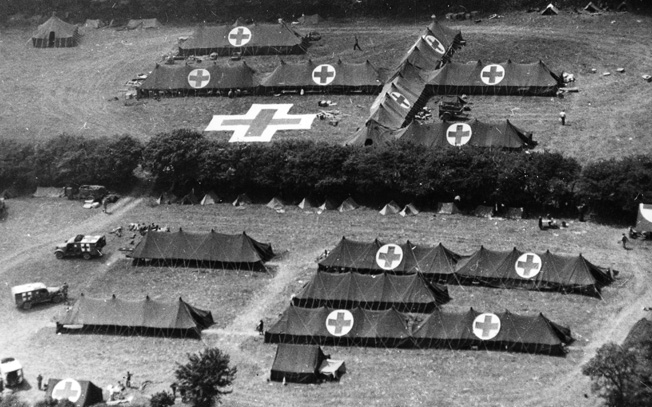
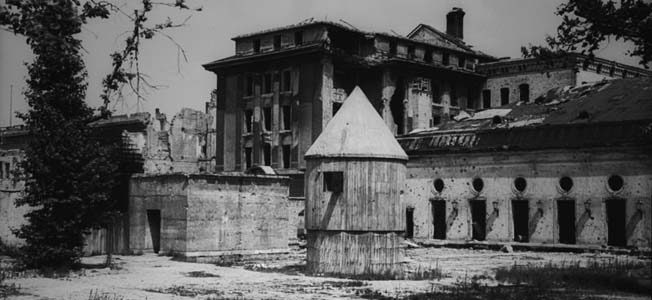
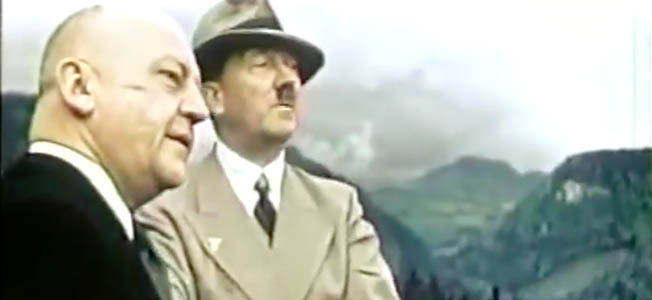
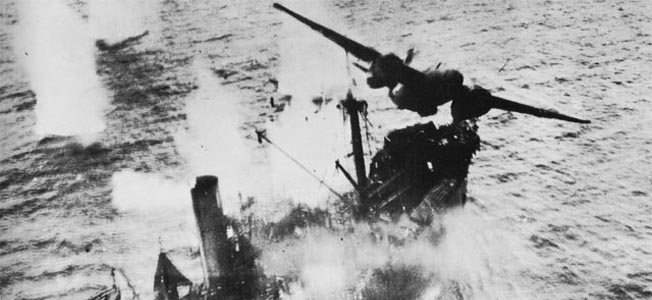
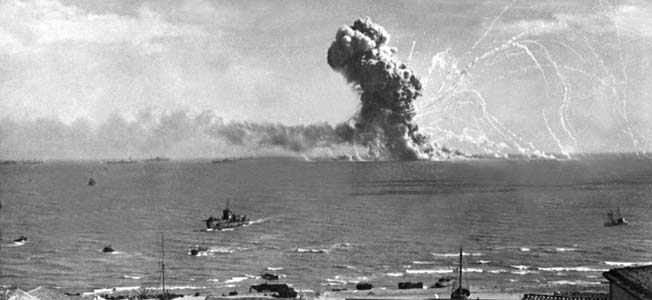
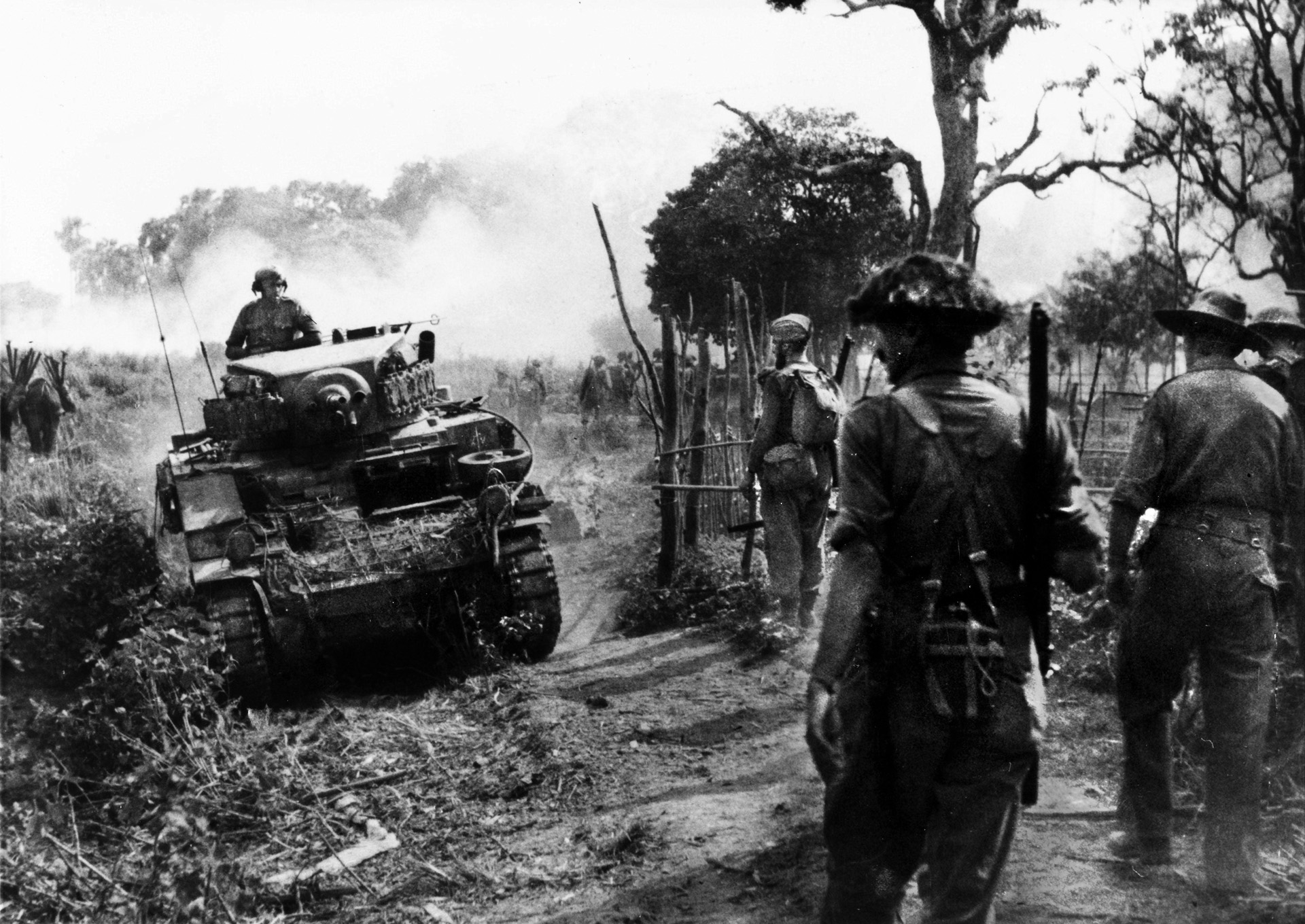
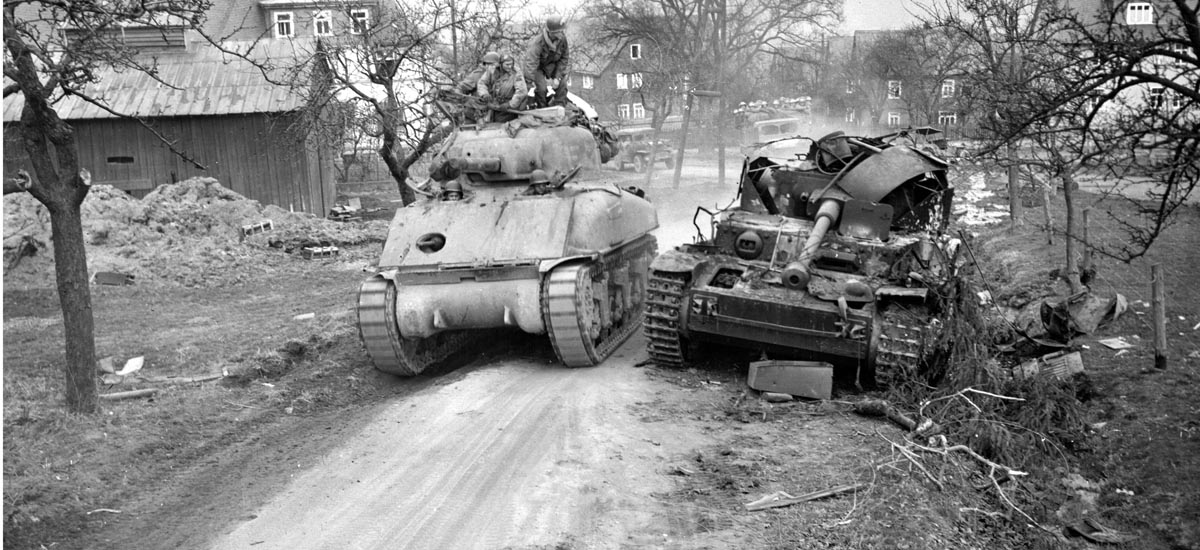
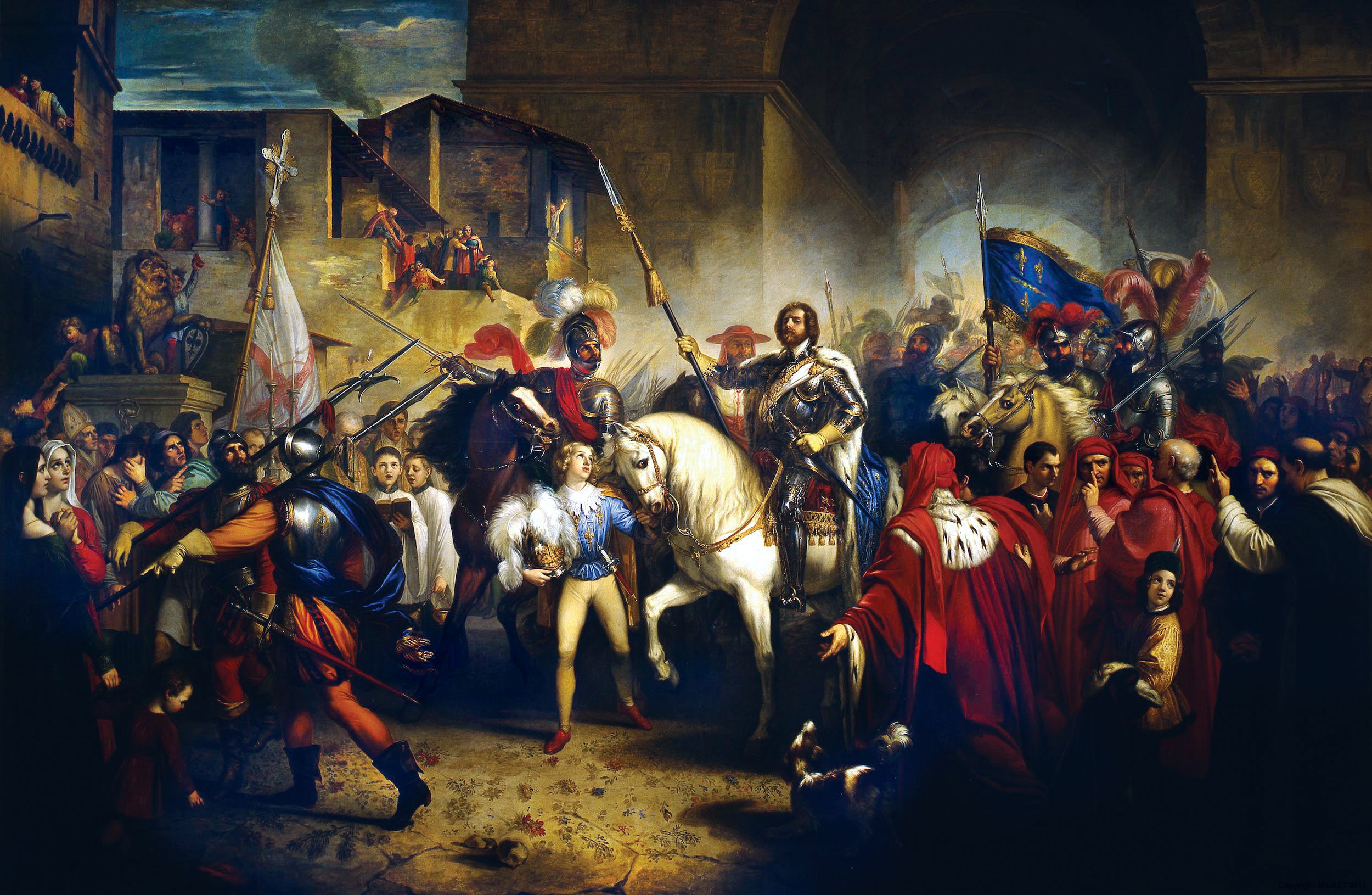
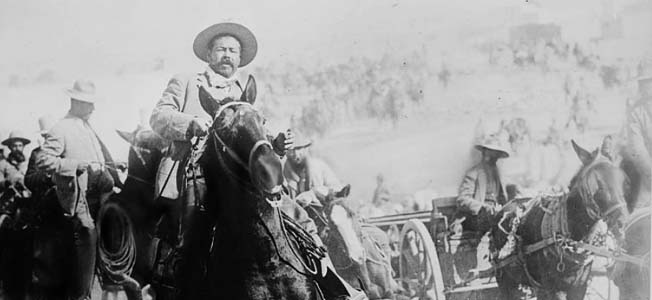
I saw through pictures and felt the horrors of war from the attack on Pearl Harbor. However, I also heard war stories from my father (Chet Rusinoski) who FINELY wanted to talk about (in his later years) his service while in the Navy. He was 100% disabled at the young of of 19, and suffered thereafter all his days to heal and go on with his life. He was released in May 1945 after 6 month at the Chelsea Naval hospital from a head wound that left him partially paralyzed. On November 10, 1944, his ship USS ALHENA (AKA-9), was headed towards the Admiralty Islands to take on supplies and prepare for the invasion of Okinawa. ALHENA arrived at Manus on October 29, 1944. On November 10, 1944, at 0855, while anchored in Seeadler Harbor waiting to off load cargo, ALHENA was damaged by the explosion from the ammunition ship USS MOUNT HOOD AE-11. Several cases of 50-caliber ammunition on the deck were blown from the MOUNT HOOD, landing on the main deck of injuries. ALHENA was extensively damaged above decks and was unable to participate in the invasion Okinawa. There was severe damage reported on the ALHENA when part of the MOUNT HOOD’s boiler was blown through three bulkheads. The impact of the ammunition on the deck caused the ammunition to explode causing many injuries. However, several sailors on the ALHENA reported seeing a Japanese sub in the area that probably caused the explosion but never investigated. My father always wanted a Purple Heart because of his service and for his serious injuries but never received it….because he was told his injuries made were NOT made during battle time. He also said that there was an article written in a magazine published at that time stating a Japanese sub was seen in that harbor but the story was not investigated as well by the Navy. My father died at the age of 82 in 2006. All bis family knew how disappointed he was to not get, what he thought he deserved, his Purple Heart, even many attempts were made through his Veteran’s Administration’s help but with no luck. My father fought bravely in serving his country and along with his other shipmates who were also seriously injured and killed on that day.